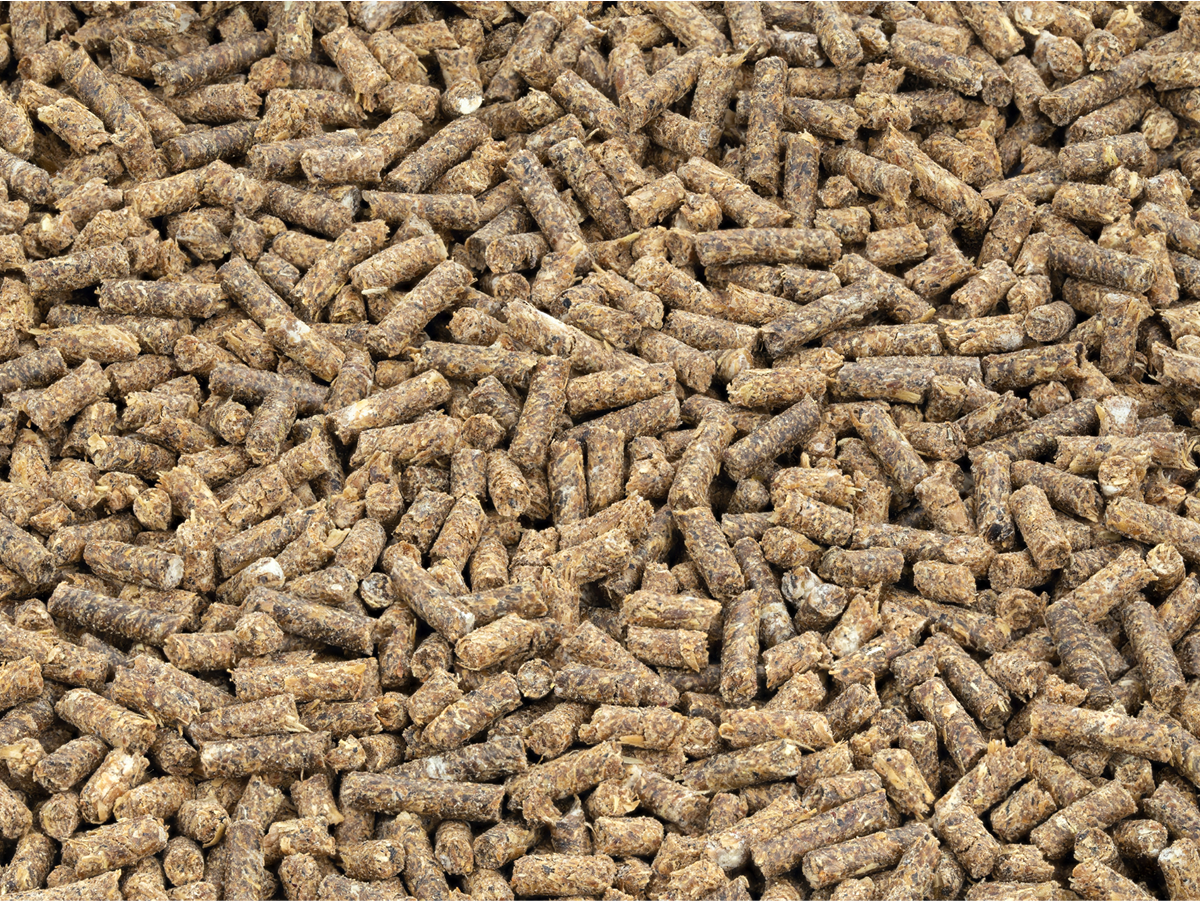
News Summary
Edited by Binding Protein Hub: Dr. Riccardo Marabini, Research Scientist
Enterotoxigenic Escherichia coli (ETEC) is a major cause of diarrheal disease in both humans and livestock. In young pigs, ETEC infections can lead to severe illness and significant economic losses. While researchers have a good understanding of how ETEC’s toxins disrupt the gut lining, their effects on the immune system, particularly on monocytes, have remained less clear. Monocytes are critical immune cells that help detect, fight, and clear infections.
In this study, scientists examined how two key ETEC toxins, heat-labile (LT) and heat-stable (STa), affect porcine monocytes affect porcine monocytes, a type of immune cells active in the intestine. They found that LT is especially disruptive. It binds to monocytes using a receptor called GM1, enters the cells, and increases levels of the signaling molecule cAMP. This internal shift interferes with several important immune functions.
Monocytes exposed to LT showed reduced survival and were significantly less effective in phagocytosis, a process used my monocytes to internalize the bacteria and killing them. They also produced fewer reactive oxygen species (ROS), which are essential for breaking down pathogens. Interestingly, even as LT suppressed these frontline defenses, it also triggered the release of inflammatory molecules such as IL-1β, TNF-α, CCL-3, and CXCL-8, which attract other immune cells to the site of infection.
In contrast, STa had little to no impact on monocyte health or function, underscoring LT’s specific role in weakening the immune response.
The study suggests that LT acts as an immune evasion tool for ETEC. By impairing the monocytes’ ability to clear infections while promoting inflammation, LT may help the bacteria survive longer in the host and establish infection more effectively.
These insights could inform new approaches to vaccine or LT blocking strategies, offering better protection against ETEC infections in pigs and possibly in humans as well.


.png)

